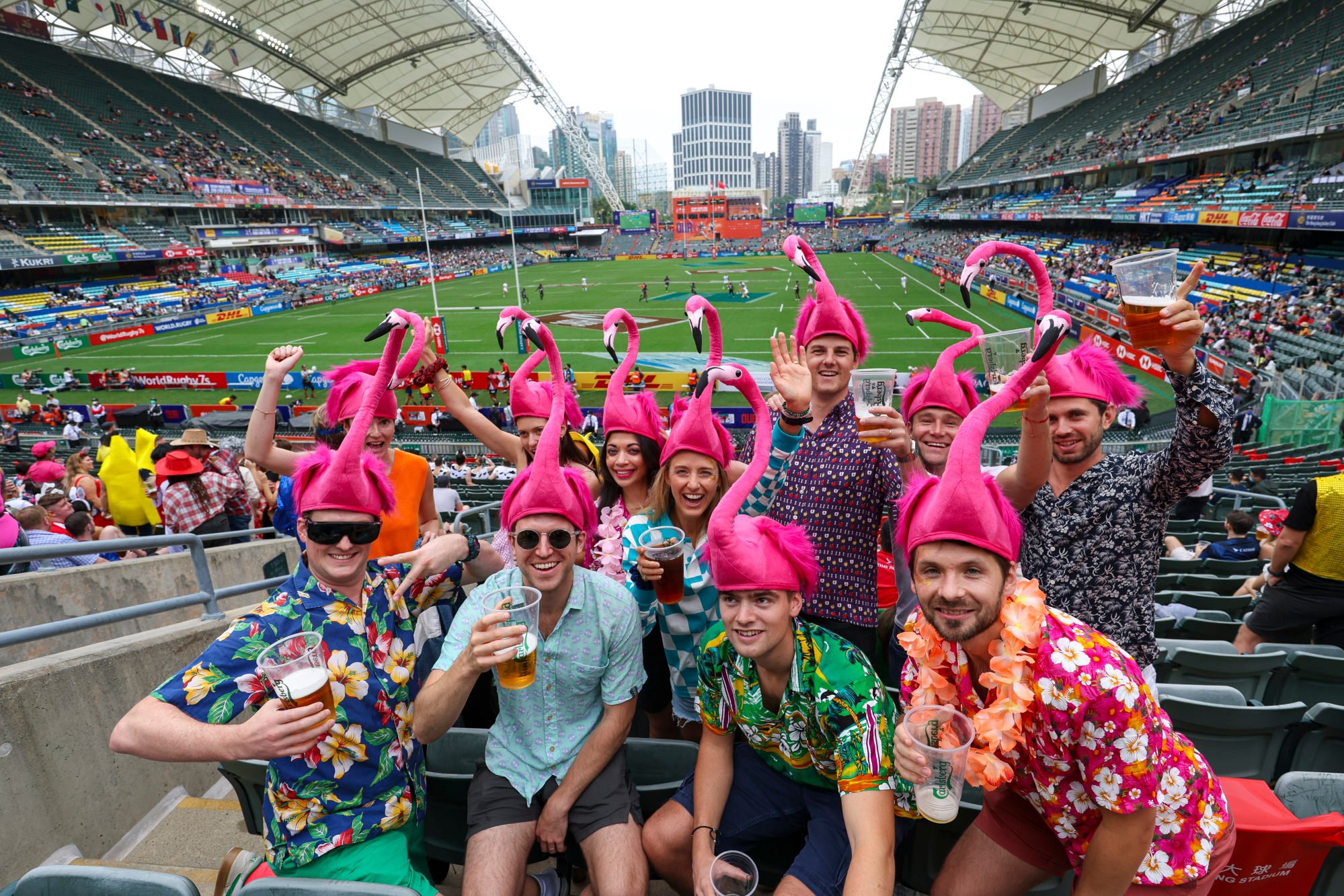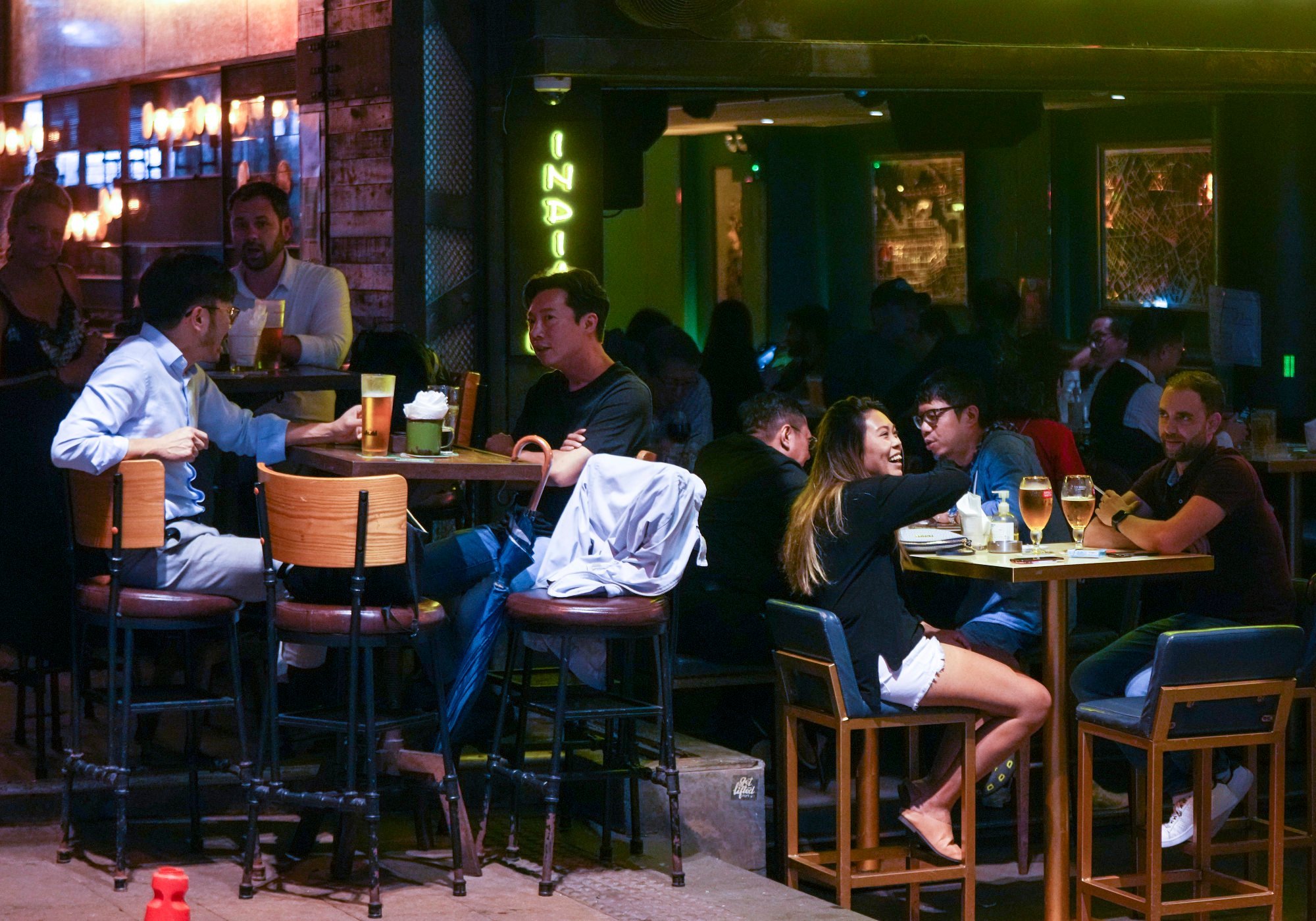
Alcohol? Gen Z are saying no. Beer drinking, wine and cocktail consumption are all on the decline among the TikTok generation – wellness, even cannabis could be why
- Young people describe why they shun alcoholic drinks, and experts suggest why there is a move away from alcohol among Gen Z, from drinking less to none at all
- Among the explanations: Covid pandemic rules that stopped young people gathering to socialise, a focus on fitness and wellness, and a turn towards other drugs
The only time Jolene Mak Pui-ying ever drank alcohol was by accident.
“I thought it was a cup of Ribena, [a blackcurrant-based soft drink],” the 20-year-old says, “but it was actually red wine.”

‘Alcohol-free is a movement’: bars in US, Asia promote no-booze events
In a 2014-15 population health survey conducted by the Hong Kong Centre for Health Protection, 12.9 per cent of respondents between the ages of 15 and 24 said they binge drank in the 12 months before the survey. This number rose to 15.3 per cent in the 2018-19 survey, before dropping to 3.6 per cent in the 2020-22 survey.
This decline does not surprise CUHK Professor Jean Kim, whose recent research focused on young adults in Hong Kong aged 18-34 and the factors associated with their drinking behaviours.

“Drinking is very much a social activity in Chinese culture,” Kim says. “So with less face-to-face socialising, this will dampen drinking behaviours.”
As a result, young people who normally would have been drinking could not, and events that frequently initiate drinking – university orientations, club outings – did not happen, Kim says.

Gen Z was also born into a world of internet-based social interactions and social media that did not exist for millennials – members of Generation Y, born in the 1980s and the early 1990s – until they were in their late teens.
In her research, Kim found a prevalence of alcohol-related content and advertisements on Hong Kong young adults’ social media that users can share, like and comment on, from ads depicting high-class clubs with patrons dressed to the nines, to users posting photos of drinking with friends.
“People who did not even participate in the real-world event can still ‘virtually’ participate,” Kim says. She believes some of this online social activity may serve to substitute for real-world activity.

“It’s almost like a social barrier that reinforces their awareness around the behaviours that they will engage in,” she says, “because they’re constantly transmitting what they’re doing every hour of the day.”
Latte make-up, girl dinner? Keeping up with Gen Z trends has never been harder
It could also reflect a larger trend of health and wellness.
Kisel says she has seen a decline in the preference for alcohol, particularly with the younger female population. Some see alcohol as “empty calories”.
While binge drinking has gone down – across all age groups, according to Kim, but particularly in Gen Z – it seems that demand for non-alcoholic beverages has gone up.


Lai says ever more people are enjoying the low- and no-alcohol lifestyle. “The trend was definitely changing before [the pandemic],” the bartender adds, “but Covid also helped to push it along.”
Lai hopes the number of bar-goers will slowly return to pre-pandemic levels, but Kim suggests that the effects of Covid-19 on Gen Z’s drinking behaviours may be long-lasting.
“At the end of the day, the lifestyle of Hong Kong people has changed,” Lai says. “The patterns will not be like before.”

